Movie Review Library - P
|
Home
/ Latest Reviews / Review
Library |
Make sure you see the Latest Video Reviews page as well!
 |
The Pacifier (2005) |
 |
Panic in the Streets (1950) |
 |
Panic Room (2002) |
|
|
Pan's Labyrinth (Spain - 2006) |
 |
Paranoia 1.0 (2004) |
 |
The Passion of the Christ (2004) |
 |
Patch Adams (1998) |
 |
The Patriot (2000) |
 |
The Patriot (1999) |
 |
Patriot Games (1992) |
 |
Paycheck (2003) |
 |
The Peacemaker (1997) |
 |
Pearl Harbor (2001) |
 |
*Classic* Peking Opera Blues (1986) |
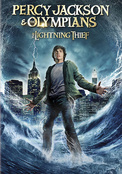 |
Percy Jackson & the Olympians: The Lightning Thief (2010) |
 |
Perfect Blue (1997) |
 |
The Perfect Storm (2000) |
 |
The Perfect Weapon (1991) |
 |
*Classic* Persona (1966) |
 |
Star Wars Episode I: The Phantom Menace (1999) |
 |
The Phantom of the Opera (2004) |
 |
Phantom, The Submarine (South Korea - 1999) |
 |
Phone Booth (2003) |
 |
Picnic at Hanging Rock (1975) |
 |
The Pillow Book (1997) |

|
The Pirates! Band of Misfits (2012) |
 |
Pirates of the Caribbean: The Curse of the Black Pearl (2003) |

|
Pirates of the Caribbean: Dead Man's Chest (2006) |
|
|
Pirates of the Caribbean: At World's End (2007) |
 |
Pitch Black (2000) |
 |
Planet of Blood (Queen of Blood) (1966) |
 |
*Classic* Planet of the Apes (1968) |
 |
Planet of the Apes (2001) |
 |
Planet Terror (2007) |
 |
Play It Again, Sam (1972) |
 |
Pleasantville (1998) |
 |
The Pledge (2001) |
 |
Pocahontas (1995) |
 |
The Polar Express (2004) |
 |
*Classic* Police Story
(Hong Kong - 1985) |
 |
Pollock (2000) |
 |
Poltergeist (1982) |
 |
Ponette (France - 1996) |
 |
Porco Rosso (Japan - 1992) |
 |
The Portrait of a Lady (1996) |

|
Poseidon (2006) |
 |
The Poseidon Adventure (1972) |
 |
Possible Worlds (2000) |
 |
The Postman (1997) |
|
Predator (1987) |
 |
Predator 2 (1990) |
 |
Premonition (Japan - 2004) |

|
The Prestige (2006) |
 |
Pride and Prejudice (2005) |

|
Priest (2011) |
 |
Prime (2005) |
 |
Primer (2004) |
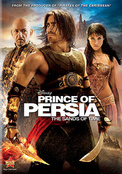 |
Prince of Persia: The Sands of Time (2010) |
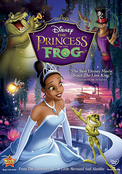 |
The Princess and the Frog (2009) |
 |
The Princess and the Warrior (2001) |
 |
|
 |
Prison On Fire (Hong Kong - 1987) |
 |
The Prodigal Son (Hong
Kong - 1982) |
 |
The Professional (1994) |
 |
The Professionals (1966) |
 |
*Classic* Project A (Hong Kong - 1983) |
 |
Project A II (Hong Kong
- 1987) |

|
Prometheus (2012) |
 |
Proof of Life (2000) |
 |
The Proposition (2006) |
 |
The Protector (Tom Yun Goon) (2005) |
 |
Protégé de la Rose Noire (Hong Kong - 2004) |
 |
PTU (Hong Kong - 2003) |
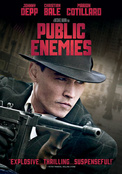
|
Public Enemies (2009) |
 |
|
 |
The Punisher (1989) |
 |
The Punisher (2004) |
 |
Purple Storm (Hong Kong - 1999) |
 |
Pushing Hands (Taiwan -
1995) |
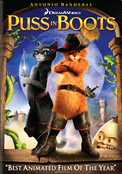
|
Puss in Boots (2011) |
|
Home
/ Latest Reviews / Review
Library |

